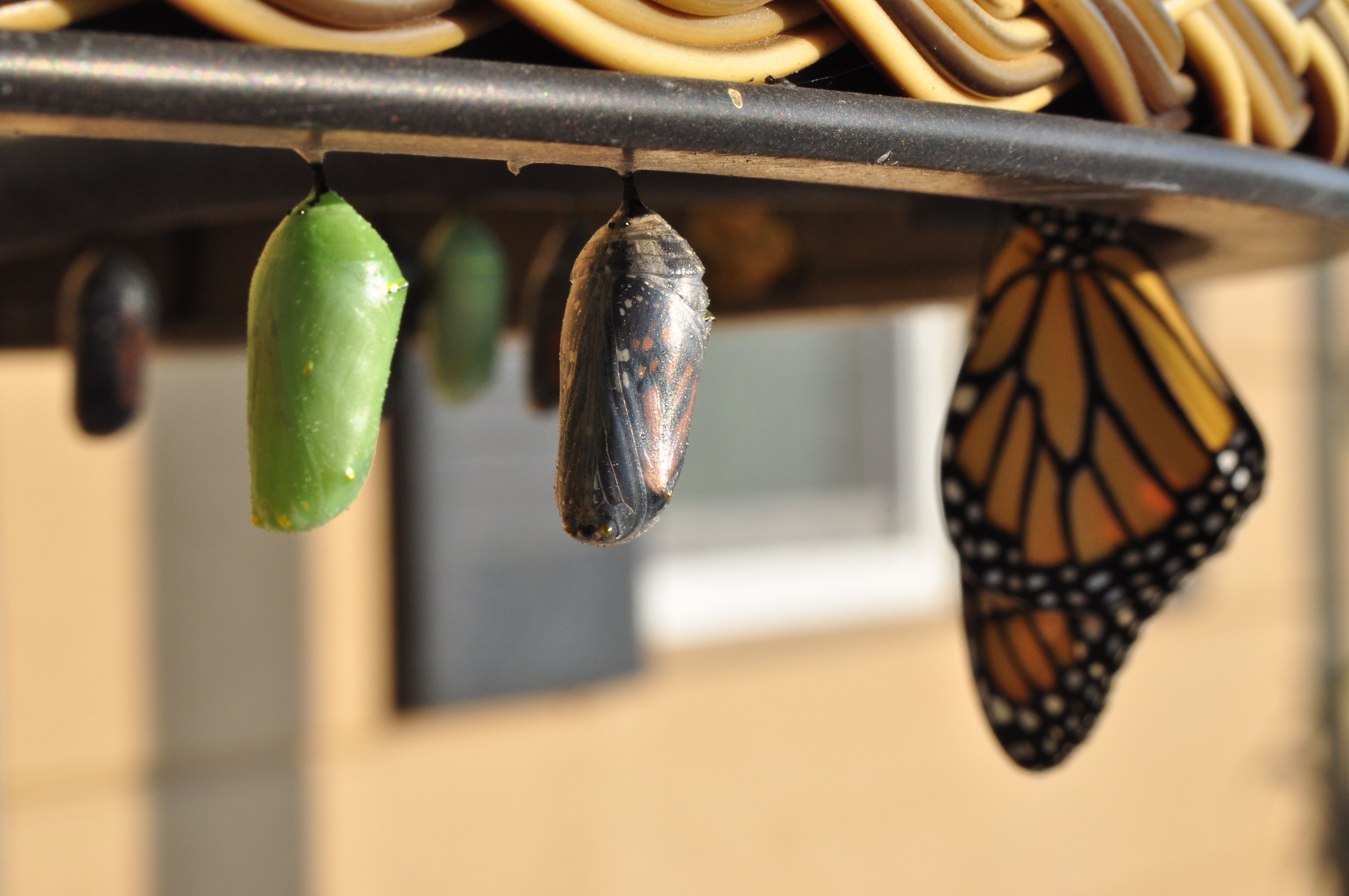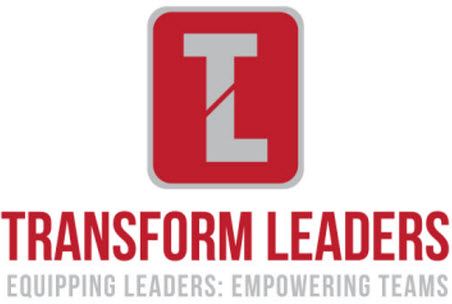
I often ask leaders to share their current annual goals or objectives with me so I can understand the challenges they are facing.
We talk about how they are tracking towards these. When I specifically ask what gets in the way of them achieving their goals, the answer often is the same.  Busyness.
It’s easy to fall into the trap of thinking –
- “We’ll tackle changes when things settle down.â€
- “Sure, the team dynamic is a bit tense right now, but we’ll address it when this next big project is finished.â€
- “What we’re doing is working for now, we’ll talk about change if it stops working.â€
- “I’ll start that really important project we planned last January when things slow downâ€.
The problem with this thinking is that things will never settle down, tension on the team is impacting the quality of the project they are working on today, and by the time your current process stops working it could be too late to figure out a new solution. The urgent is always with us and the important continually gets shoved to the back of the line.
As Marshall Goldsmith argues in What Got You Here Won’t Get You There,
“There is a good chance that tomorrow is going to be just as crazy as today. If you want to change anything about yourself, the best time to start is now. Ask yourself, What am I willing to change now?’ Just do that. That’s more than enough.â€
The same is true for organizations and teams. To respond to changes — in the market, in technology, within the team itself, and beyond — we need to embrace incremental change, improving a little bit every day, if we want to have a chance to keep up.
ACTION POINTS:Â
- Stop thinking about change as something that can be planned, regimented, carefully documented, and completed. Change is the only constant that we can count on in today’s business landscape, so if you are waiting until your team is “ready†for change, you’ll be waiting a long time. Think about all those failed New Year’s resolutions — when you try to change too many things at once, you set yourself up for failure.
- Embrace iterative modes of working and behaviour change.Start with what you can improve today, and build from there. Celebrate success, debrief on what doesn’t work, and try to do a bit better tomorrow.
So what will you do differently as a result of what you have learned?  What’s the change you are willing to start today to move you one step closer to the goals you have? Hit REPLY and me us know!
Focusing on small, consistent changes are called the aggregation of marginal gains’. Small changes in our habits are far more powerful that big, dramatic changes. Focusing on small changes reduces our tendency to procrastinate, builds momentum and creates superior performance.
Tomorrow isn’t going to be less busy or have less urgent’ things to achieve, so start today, with one small habit that moves you towards your goal.
Let me finish with a simple example.
One executive that I have been coaching recognised that morale and engagement in his division was waning. This was for many reasons. As we dug into the reasons he, understandably, focused on organisational factors. Given the organisation was going through a transformation’ process, these factors were not insignificant or disappearing soon.
We had to find levers that he could manage, I wondered aloud if he thought there were any areas within his leadership style that contributed to lower morale. This led the conversation towards his propensity to be action orientated and have high standards, both great qualities.
What this executive admitted’ was that because he was always on the move to the next challenge and looked at how to improve things he wasn’t great at giving encouragement and or positive feedback. He recognised that this was impacting morale and engagement, and with a small change he could make a difference. He decided to notice one person each day doing something that helped the division reach the goals, or lived out the organisations values and encourage/praise them. Using the Habit Builder platform, each day he was reminded of this small change in leadership habits, rated himself on how he implemented the habit of positive feedback. He has real change in his behaviour. It is too soon to assess the impact on morale, but I have no doubt it will be significant.
